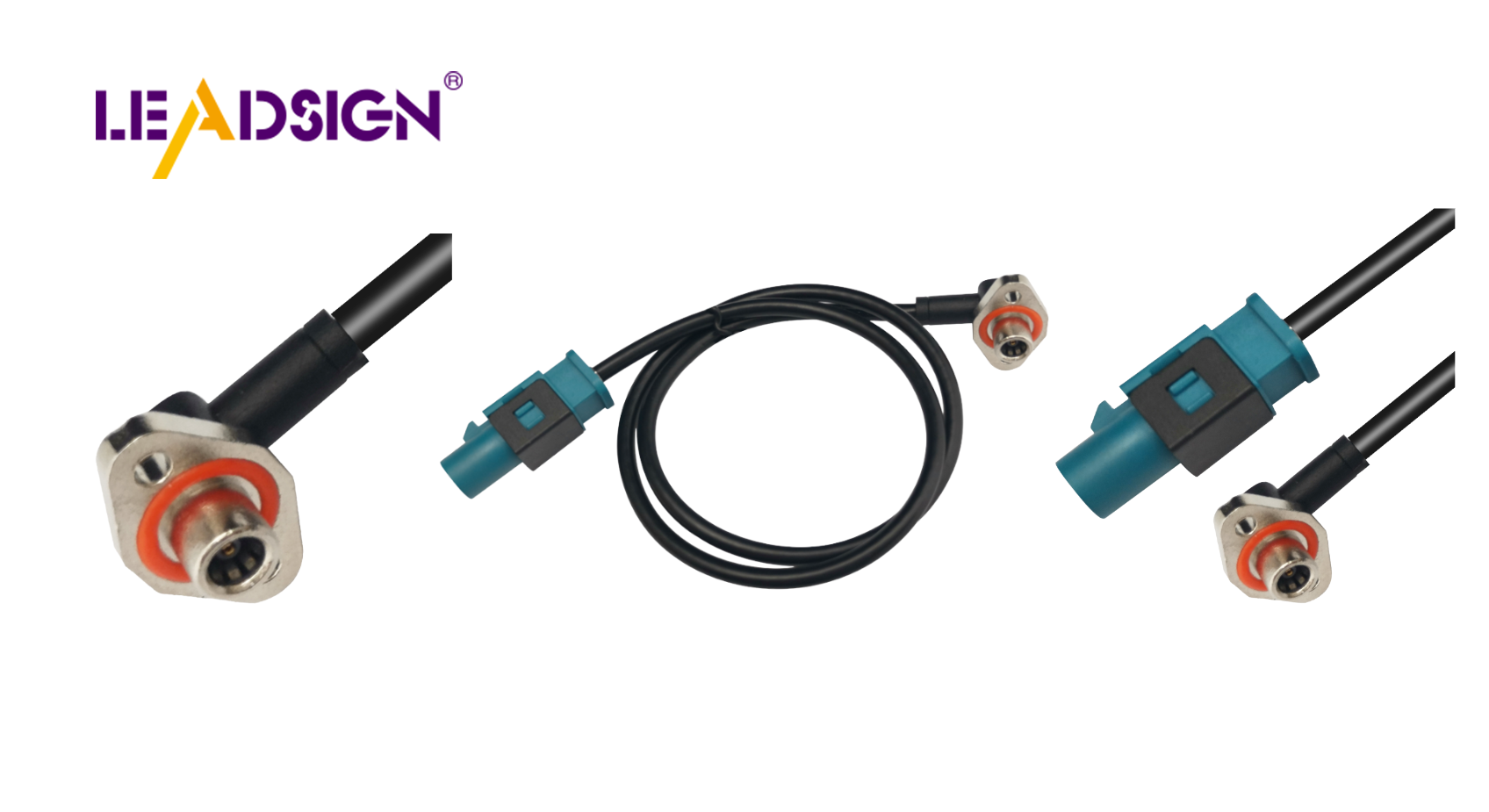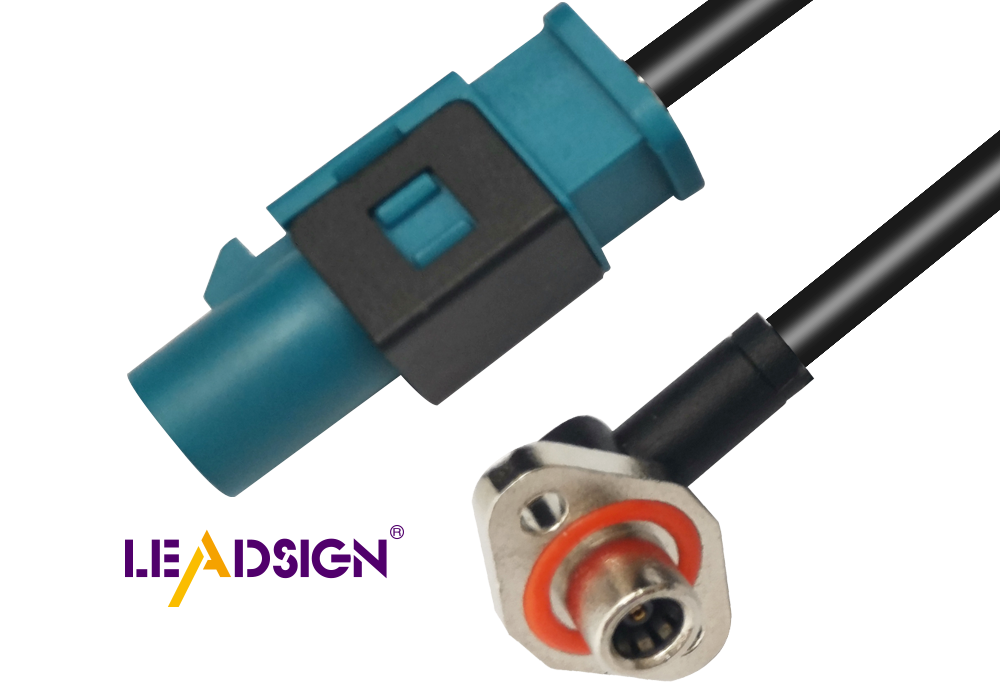What You Need to Know About Car Wiring Wire and Its Uses

Car wiring wire is essential for powering a car's electrical components. High-quality car wiring wires help keep the vehicle safe from fires and short circuits. Insulation materials, such as PVC or XLPE, protect these wires from heat and moisture. These wires transmit signals between parts to ensure the car operates smoothly. Durable car wiring wires minimize power loss and enhance energy efficiency. Wiring harnesses organize these wires together, maintaining order and improving functionality. Choosing the right car wiring wire is crucial for ensuring your vehicle remains safe and operates efficiently.
Key Takeaways
Car wiring wire is crucial for powering electrical components and ensuring vehicle safety from fires and short circuits.
Different types of automotive wires, such as primary, battery, and shielded cables, serve specific functions and are designed for various conditions.
Choosing wires with good heat resistance and durable insulation materials like PVC or XLPE is essential for preventing damage and ensuring longevity.
Wiring harnesses help organize wires, improving functionality and reducing the risk of electrical issues in your vehicle.
Always select wires that comply with automotive standards to ensure safety and reliability, avoiding potential legal and repair issues.
Understanding the specific needs of your car, such as voltage levels and environmental resistance, can guide you in selecting the right wiring for optimal performance.
Types of Automotive Wires and Their Uses

Knowing the types of automotive wires helps maintain your car's electrical system. Each wire type has a job to keep your car safe, efficient, and reliable.
Primary Wire
Primary wire, or GPT wire, works for low-voltage circuits in cars. It is used for lighting, accessories, and dashboard controls. Its strong PVC coating protects it from damage, making it useful for many tasks. Different colors make it easy to identify during repairs or installation.
Features and Uses of Primary Wire
Durability: PVC coating keeps it safe from damage.
Versatility: Great for lighting and dashboard wiring.
Ease of Use: Color-coded wires help with organizing connections.
Battery Cable
Battery cables link the car battery to the starter and other parts. There are two types: PVC-insulated and cross-linked. Cross-linked cables handle heat, wear, and aging better. They are thin, like the STX type, which fits small spaces in cars.
Features and Uses of Battery Cable
Heat Resistance: Handles heat up to 125°C.
Durability: Made to last and resist damage.
Voltage Rating: Works for 50V systems like starters and battery grounds.
Shielded Cable
Shielded cable protects electrical signals from interference. It has a special layer to block electromagnetic noise. This wire is important for fast data transfer and accurate signals, like in speakers or car sensors.
Features and Uses of Shielded Cable
Signal Protection: Blocks interference for clear data transfer.
Enhanced Safety: Stops signal problems that could harm car functions.
Specialized Use: Used for speakers, infotainment, and navigation systems.
Fusible Link Wire
Fusible link wire keeps your car's electrical system safe. It is a short cable that stops extreme current overloads. If there is too much electricity, the wire inside melts. This stops damage to other parts of the system. The outer layer traps sparks or flames, keeping things safe.
Features and Uses of Fusible Link Wire
Safety Mechanism: Breaks the circuit to protect wires during overloads.
Durable Insulation: Stops sparks and flames, lowering fire risks.
Common Uses: Used in circuits needing high-current protection instead of fuses.
Fusible link wire protects your car's electrical parts. It works even in tough conditions to prevent dangers.
Trailer Wire
Trailer wire connects your car to a trailer. It sends power to the trailer's lights, brakes, and systems. This wire is made to handle outdoor weather and towing needs.
Features and Uses of Trailer Wire
Weather Resistance: Handles rain, heat, and wear for outdoor use.
Versatile Design: Powers trailer lights, brakes, and other systems.
Ease of Installation: Color-coded wires make connections simple and quick.
Trailer wire helps with safe towing. It ensures the trailer's systems work properly, keeping everyone safe on the road.
Specialty Wires (e.g., GXL, SXL, TXL)
Specialty wires like GXL, SXL, and TXL are made for specific car needs. These wires are strong, heat-resistant, and lightweight. Each type has a special job in your car's wiring.
Features and Uses of Specialty Wires
GXL Wire: Thin and tough wire for engine areas. It handles heat well.
SXL Wire: Thicker wire for places needing extra strength and heat resistance.
TXL Wire: Very thin and light wire for tight spaces where weight matters.
Specialty wires improve your car's performance. They meet different needs like heat resistance, strength, or saving space.
Important Things to Know When Picking Car Wires
Choosing the right car wires keeps your car safe and working well. Each factor affects how the wires perform in different situations.
Heat Resistance
Car wires need to handle high heat without breaking. Hot engine areas can harm wires, causing power problems or fires. Wires like GXL or SXL have special coatings to resist heat. These wires stay strong in tough conditions, making them great for hard jobs.
Research Shows: Cars with more electronics need strong, lightweight wires. Heat-resistant wires work better under pressure.
Always check a wire's heat rating before buying. This ensures it can handle engine heat or other hot spots. Good heat resistance makes wires last longer and keeps your car safe.
Voltage Levels
Voltage levels show how much electricity a wire can carry. Using the wrong wire can cause overheating or system failures. Car wires are grouped by voltage to match specific uses.
For example:
Low-voltage wires, like primary wires, are for lights and dashboards.
High-voltage wires, like battery cables, power starters and big systems.
Knowing voltage levels helps you pick the right wire. This avoids problems and keeps everything running smoothly.
Covering and Strength
A wire's covering protects it from water, chemicals, and damage. Materials like PVC and XLPE are strong and long-lasting. PVC is good for regular use, while XLPE resists heat and chemicals better.
Research Shows: Good wires stop problems like shorts and fires. Strong coverings keep wires safe in tough conditions.
Some wires have extra layers for special jobs. Shielded wires block interference, and fusible link wires stop sparks during overloads.
Strong coverings make wires last longer and protect your car's system. Always choose wires with good coverings for safety and reliability.
Compliance with Automotive Standards
Automotive standards make sure car wires are safe and reliable. Groups like the Society of Automotive Engineers (SAE) set these rules. Following these standards lowers the chance of electrical problems. It also helps keep your car safer to drive.
Wires that meet these rules go through tough testing. Tests check if wires can handle heat, wear, and electricity well. For example, wires must work in very hot or cold conditions. Choosing wires that pass these tests keeps your car running smoothly.
Did You Know? Using wires that meet standards avoids legal trouble. It also prevents expensive repairs later on.
Always check for labels showing a wire meets safety rules. These labels prove the wire passed important quality tests. Picking certified wires protects your car and makes it last longer.
Environmental Resistance (e.g., moisture, heat, chemicals)
Weather and chemicals can harm your car's wires. Moisture, heat, and oils are common dangers for wires. Wires with strong coverings stay safe in tough conditions.
Water can cause rust, leading to broken wires or failures. Heat from the engine can damage the wire's outer layer. Chemicals like oil can wear down the covering, exposing the inside. Wires with PVC or XLPE insulation resist these problems well.
Pro Tip: Pick wires made for harsh conditions. Wires like GXL or SXL resist heat and chemicals, making them great for engines.
Some wires also block UV rays if exposed to sunlight. This stops cracking and fading, helping wires last longer. Choosing wires built for tough environments keeps your car safe and reliable.
Car wiring wire is important for your car's electrical system. Different wires have specific jobs to keep the car working well. When choosing wires, think about heat resistance, voltage, and strength. Good-quality wires make your car safer and avoid problems. Using strong wires improves how your car runs and lasts longer. Knowing why car wiring is important helps keep your car safe and reliable.
FAQ
Why are wiring harnesses important in cars?
Wiring harnesses connect your car's electrical parts. They send power and signals to things like lights and radios. Without them, your car's electrical system won't work well.
How can I pick the right car wires?
Think about heat resistance, voltage, and covering material. GXL wires are good for hot engine areas. Primary wires work for low-power things like lights. Always choose wires that meet safety rules.
Why do car wires need to resist heat?
Car wires face high heat, especially near the engine. Heat-resistant wires like SXL and GXL last longer. They stop overheating and lower fire risks.
What materials cover car wires?
PVC and XLPE are common wire coverings. PVC is strong for normal use. XLPE handles heat and chemicals better. Pick the right one for your car's needs.
Can I use home wires in my car?
No, home wires aren't made for cars. Car wires handle heat, shaking, and moisture better. Using the wrong wires can cause problems or dangers.
What do fusible link wires do?
Fusible link wires protect your car's circuits. They melt if too much power flows through. This stops damage and lowers fire risks.
How do shielded cables help cars?
Shielded cables block signal problems. They keep signals clear for radios, sensors, and GPS. This makes your car's electronics work better.
Are special wires like GXL and TXL needed?
Not all cars need special wires. GXL wires handle heat in engines. TXL wires are thin for tight spaces. Choose based on your car's needs.
Why are car wire standards important?
Standards check if wires are safe and strong. Groups like SAE test wires for heat and power. Certified wires work better and last longer.
What should I know about trailer wires?
Trailer wires must handle rain, heat, and towing. They power trailer lights and brakes. Color-coded wires make setup easy and safe.
See Also
Understanding HSD Connectors Essential for Automotive Systems
Significance of FAKRA Connectors in Car Technologies
Key Role of HSD Connectors in Vehicle Manufacturing

